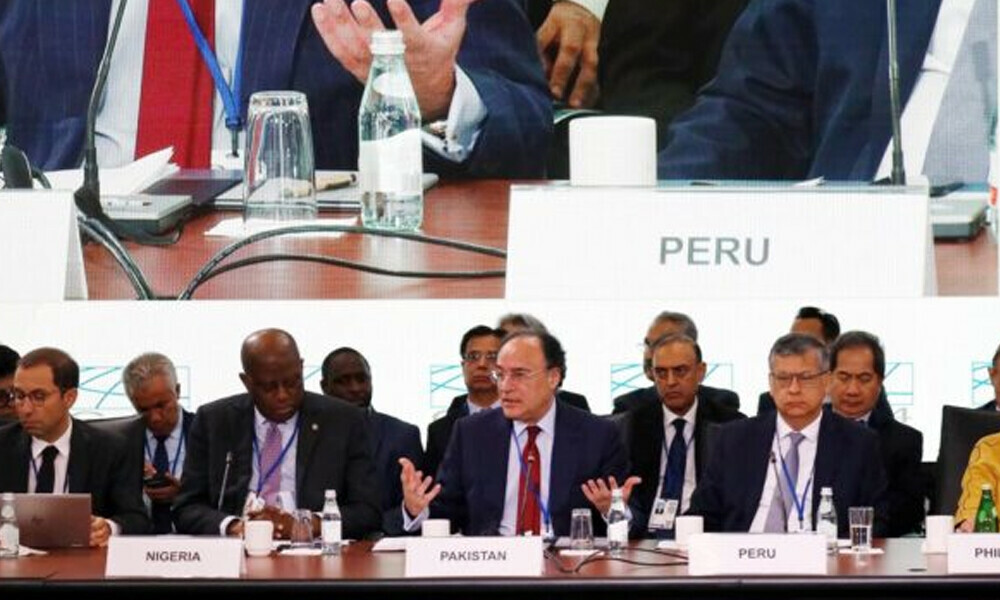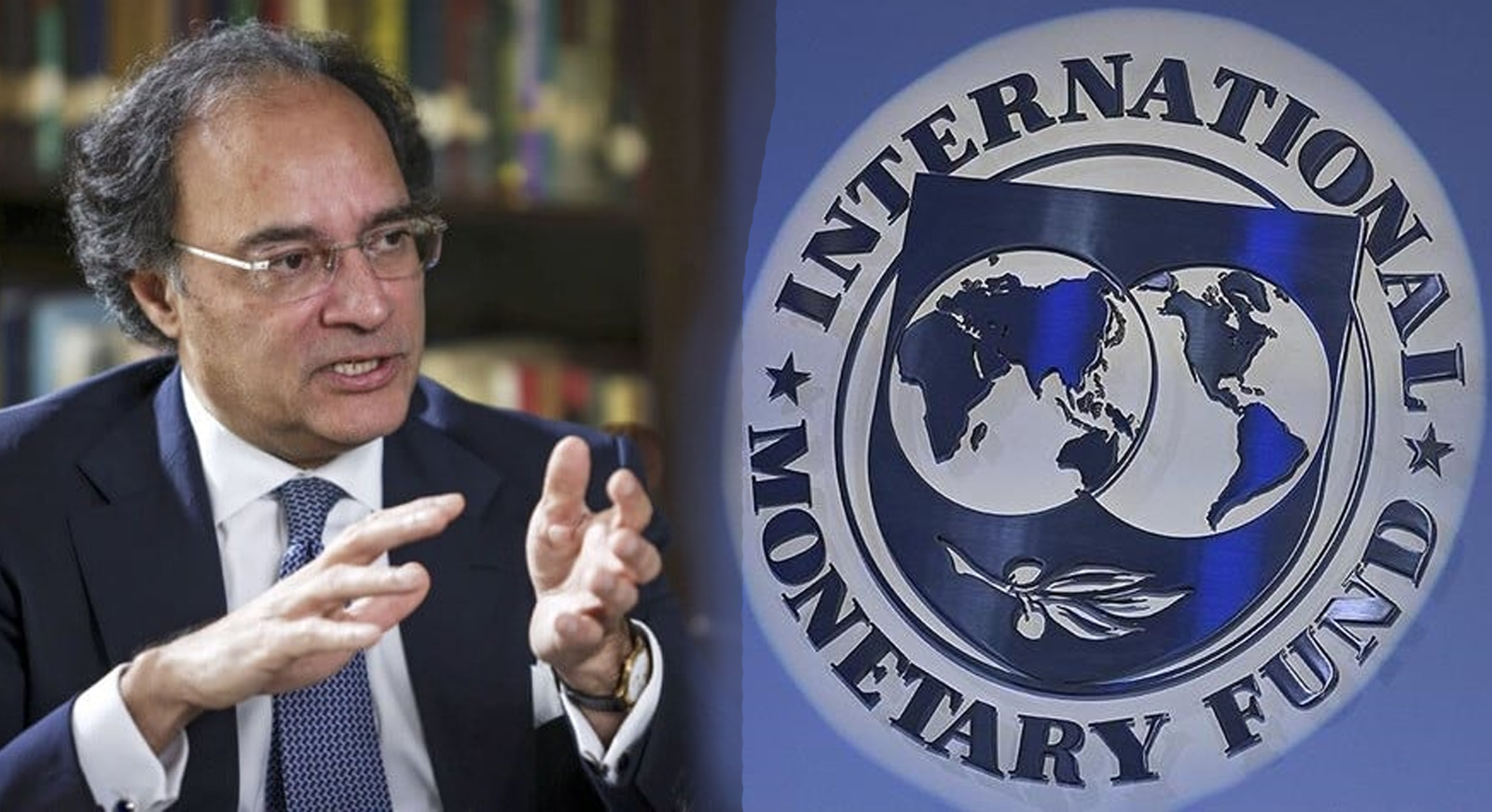PTBP Web Desk
Finance Minister Muhammad Aurangzeb articulated a stark truth about Pakistan’s future. He emphasized that the nation’s economic sustainability and overall economic health are inextricably linked to two pressing issues: managing population growth and combating climate change.
Aurangzeb stated, “The sustainability of Pakistan, and our overall economic situation in the country, will ultimately depend upon two existential issues and how we deal with those.” He pointed out the rapid population growth, currently at a rate of 2.5 percent, which, if not managed, could strain resources further.
Pakistan, he noted, stands as one of the most climate-vulnerable countries, necessitating urgent actions to mitigate climate impacts. “We’ve known the what and why. There’s no dearth of policy prescriptions. It’s ultimately about the how and who,” he declared, highlighting a common critique of policy implementation versus formulation.
In a significant move towards sustainability, Aurangzeb announced that the State Bank of Pakistan (SBP) would soon provide comprehensive guidelines for a green economy framework. This step is crucial for structuring and financing green initiatives, aiming to integrate environmental considerations into economic planning. “It is important to have a green economy framework as we move forward,” he stressed, underscoring the need for a robust system to support environmental sustainability.
The minister expressed his gratitude towards the Vulnerable Twenty group for their efforts in crafting a Climate Prosperity plan, expected to be unveiled in April. This plan could provide a blueprint for countries like Pakistan to navigate through climate adversities while promoting economic growth.
Aurangzeb referenced the National Adaptation Plan (NAP) and the National Climate Finance Strategy (NCFS), introduced in November 2024 at COP29 in Baku, Azerbaijan. These strategies aim at scaling up climate-related investments, bolstering domestic financial systems, and attracting international finance. The NCFS, in particular, aligns with Pakistan’s commitments under the Paris Agreement, targeting a monumental $348 billion to bridge the climate finance gap by 2030.
Turning his focus to the national economy, Aurangzeb highlighted the macroeconomic improvements in the last year, with inflation plummeting to just 2.4 percent in January. “More importantly, on the back of this macroeconomic stability, we are executing structural reforms, strengthening tax net,” he added. He commended the provincial governments for advancing legislation on agricultural income tax, which he viewed as pivotal for expanding the tax base.
The minister also touched upon austerity measures, including downsizing federal ministries and departments, and the elimination of redundant posts to curb government expenditure. These actions are part of a broader strategy to ensure fiscal responsibility while addressing the twin challenges of population and climate.




